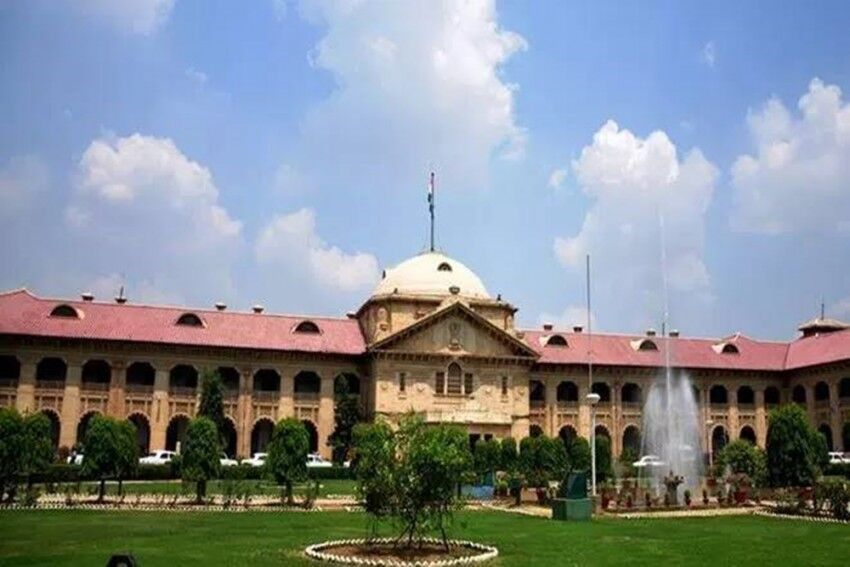A balanced response

Amid global uncertainty over the nature and severity of the Omicron variant threat, the Allahabad High Court has urged PM Modi to delay the UP polls and ban political rallies to head off a potentially deadly third wave. Though the request itself is unusual, its content is not. The onset of COVID-19 led to considerable delays in elections worldwide with both national and local elections being affected. Of course, many of these delays were from the early days of the pandemic last year when there was great uncertainty over the course of the pandemic. Since then, multiple vaccines, drug therapies, etc., have restored global confidence in the practice of living with COVID-19. But now with the Omicron threat, there is fear that those days of unknowing helplessness may return. To be sure, it is hard to know what level of alarm and panic is appropriate in the current situation. Early research indicates that the multiple mutations in the new variant may allow it to evade both vaccine and natural immunity. To top it off, Omicron seems to be spreading even faster than the Delta variant that brought the dreaded second wave to India. In the UK, case counts have reached record highs in a nation that was among the first to inoculate a majority of its population. In India, IIT Kanpur has stated that, according to a modelling study done by researchers, the third wave is expected to peak in India by early February. To add to this, it is hard to know just how ready India is for this upcoming wave. There is no denying that India learnt its lessons from the second wave. The nation is better prepared and better stocked but there are points of concern as well. For now, the government response to the Omicron variant seems to be focused on older methods like night curfews, while India has only very recently announced the administration of booster doses. This is at a time when Israel has already started moving on to administer a fourth dose of the vaccine to its citizens, concerned that the waning immunity from the vaccine will not be enough to hold back the Omicron variant. This uncertainty and possible lack of preparedness could come at a heavy cost. As may be remembered, public events, election rallies held during the second wave earlier this year invariably turned into super spreader events with fatal consequences for countless thousands. Given all this, the Allahabad HC's call makes complete sense. But, on the flip side, it is possible that such an assertion could be an overreaction. To begin with, science is not fully convinced of the danger of the Omicron variant. There is some evidence to suggest the Omicron variant wave has already peaked in South Africa, where the variant was first identified. To top it off, a new study by the UK Health Security Agency has suggested that Omicron is 50-70 per cent less likely to cause hospitalisation in the event of infection as compared to the Delta variant. Science aside, it is also undeniable that the elections are the beating heart of a democracy. If we are to indeed live with the virus, then conducting elections on time is a given. Indian democracy cannot bend so easily in the face of a threat that is not even a clear threat at this point. Though they may have been curtailed or otherwise modified, elections have nevertheless continued in nations like the US, regardless of the state of the COVID crisis. But this does not mean that it is prudent to arrogantly throw caution to the wind in the name of democratic principle. Even if Omicron is less severe than Delta, the sheer mass of new infections may still overwhelm our healthcare systems. While it may be a little hasty to delay elections, it is wise to heed the wisdom of curtailing the fanfare around it. Rallies may be banned or severely limited, there can also be more emphasis on methods of voting that do not require a congregation of a large number of people, such as having staggered voting hours or making use of mail-in voting. Of course, the EC and other relevant authorities may step in and reinforce much more stringent rules in regards to mask-wearing, social distancing, etc., but it is pragmatic to accept that such a measure will not be sufficient by any stretch of the imagination even if the measures are strictly enforced. In conclusion? It is too early for such knee-jerk reactions but it is never too early to prepare for what may happen. Either way, the election schedule is yet to be announced and the EC has time to review the unfolding COVID situation to best assess the way forward. More importantly, the EC does, in theory, have the power to delay elections under the Constitution in the direst of situations like all-out war, or catastrophic natural disasters. Given the devastation of COVID, it may also be included in this list of reasons to delay elections if the need arises.



